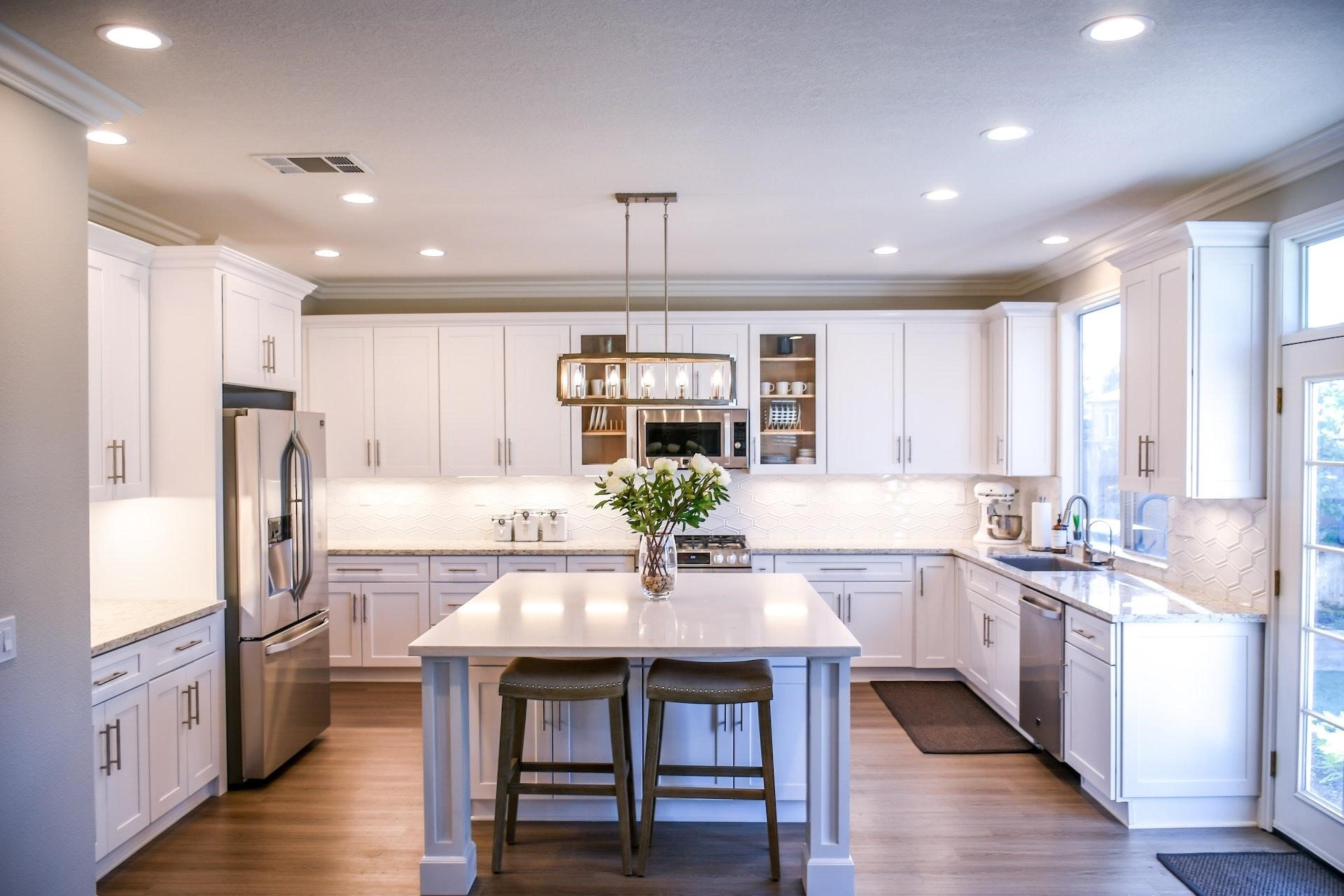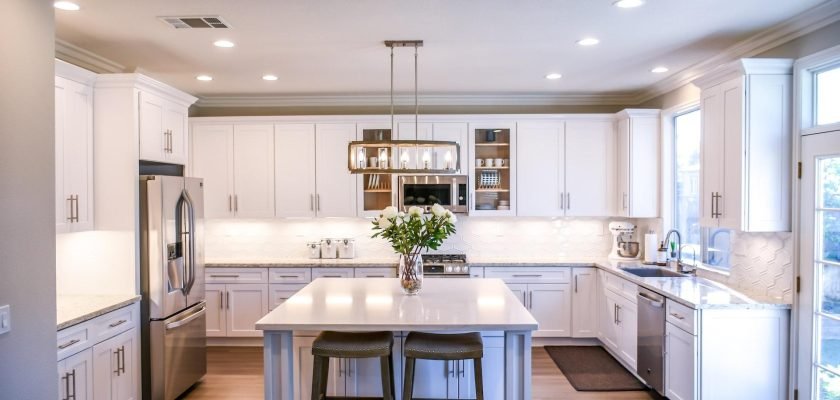
Working with a new home builder is an exciting and rewarding experience, allowing you to create a space tailored to your specific needs and preferences. Alongside choosing the layout, features, and finishing touches that best suit your lifestyle, you can also ensure that your home is energy-efficient and environmentally friendly.
However, building a new home is also a significant investment that requires careful consideration. In this blog post, we’ll look at the top benefits and drawbacks of building a new home.
Benefit: Customization
When you buy an older home, you have to compromise on whatever’s there. When you build a new home, by contrast, you can customize the ins and outs from the very start, creating something uniquely yours.
If you love to entertain guests, you can choose an open floor plan that seamlessly moves between the kitchen, dining room, and living room. If you work from home, you can guide the construction of a perfect home office. If you’re eco-conscious, you can choose environmentally friendly materials, such as recycled glass countertops, to reflect that commitment.
Drawback: Time
Although customization is great, that customization takes time. Sometimes there are delays due to weather, supply chain issues, or labor shortages. Other times, financing takes longer to secure. Depending on what you build, it may take a while to get the necessary permits to ensure your dream home meets local building regulations. Lastly, the design and construction process itself can take months or even years.
Benefit: Modern Amenities
Modern amenities make your life more comfortable and convenient by making your house more functional and efficient. For example, smart home tech gives you easy control over your home’s temperature, lighting, and security. Energy-efficient appliances reduce your utility bills and your carbon footprint.
Although you can certainly upgrade older amenities, it’s much easier to build them in from the get-go. Furthermore, once they’re in, they increase your home’s value and make it easier to sell in the future.
Drawback: Cost
Depending on location, building a new home may be more costly upfront than buying an older one. However, older homes almost always require upgrades and renovations which quickly eat into any savings. In addition to the financial cost, there’s also the mental cost of deciding what needs renovation, who to hire, and then scheduling in time for it all to happen. So, be sure to factor in both upfront and long-term costs when deciding which way to go.
Benefit: Low Maintenance
New homes generally require much less maintenance. Instead of worrying about costly repairs and renovations the moment you move into an old home, a new space will grant you peace of mind as everything is under warranty.
You can bump up the benefits by choosing low-maintenance materials during the design phase. For example, you may opt for countertops that hide stains, metal roofs with minimal upkeep, or vinyl flooring that’s easy to clean.
Drawback: Uncertainty
Building a new home is exciting, but it can also be stressful because not everything goes according to plan. Sometimes the construction process grinds to a halt due to extreme weather, or design changes lead to unforeseen issues that drive up costs.
It may be impossible to completely eliminate the sense of uncertainty. However, the best way to reduce the associated stress is to work with reputable builders who keep you in the loop.
Building a new home is a great option for those who want a customized living space with modern features and low maintenance demands. However, it is important to consider drawbacks such as wait times, unexpected costs, and uncertainty before making a decision.

